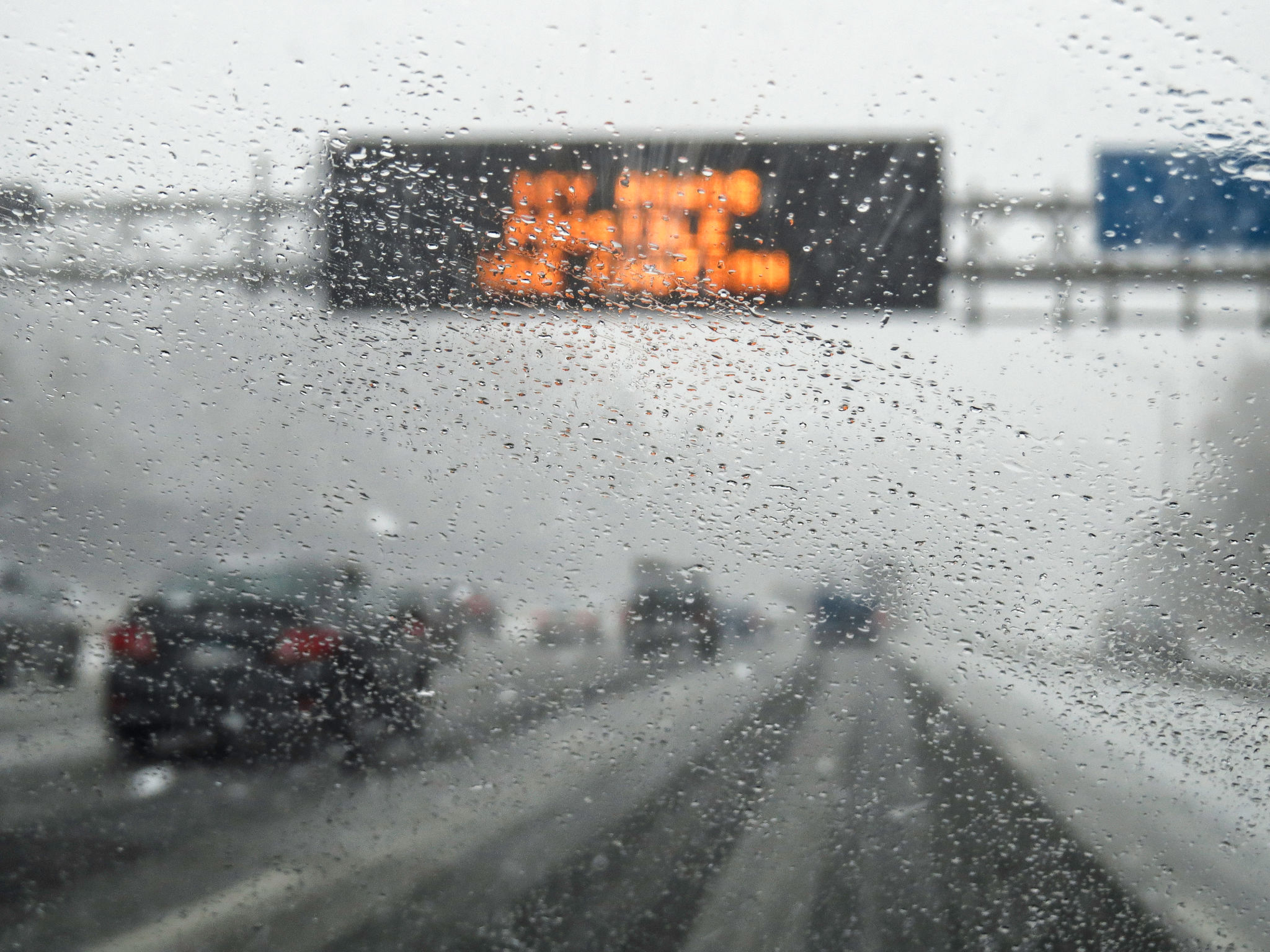Debunking Myths About Freight Lines and Trucking Services
Understanding Freight Lines and Trucking Services
Freight lines and trucking services are vital components of the global supply chain, yet they are often misunderstood. These services ensure that products move efficiently from manufacturers to consumers, playing a crucial role in the economy. Despite their importance, several myths persist about how these services operate. Let's explore and debunk some of these common misconceptions.

Myth 1: Trucking is a Simple Job
One of the most common myths is that trucking is a simple job that anyone can do. In reality, being a truck driver requires a significant amount of skill, training, and dedication. Drivers must navigate diverse road conditions, adhere to strict timelines, and comply with various regulations. The logistics involved in planning routes and managing time effectively add to the complexity of the role.
Moreover, truck drivers are often away from home for extended periods, which can be challenging on a personal level. The industry demands not only physical endurance but also mental resilience, making it far from a straightforward career choice.
Myth 2: Freight Lines Are Unsafe
Another prevalent myth is that freight lines are unsafe. This misconception likely stems from occasional high-profile accidents involving trucks. However, the truth is that the freight industry prioritizes safety above all else. Companies invest heavily in driver training programs, vehicle maintenance, and cutting-edge safety technologies to ensure the highest safety standards are met.

In addition, regulatory bodies impose stringent safety regulations that freight companies must follow. These measures have contributed to a significant decrease in accidents over the years, reinforcing the fact that freight lines are committed to maintaining safe operations.
Myth 3: Trucking Services Are Environmentally Unfriendly
The idea that trucking services are inherently harmful to the environment is also a myth. The industry is actively working to reduce its carbon footprint through various initiatives. Many companies are investing in fuel-efficient vehicles and alternative fuels to minimize emissions. Additionally, the adoption of route optimization technologies helps reduce fuel consumption by ensuring more efficient delivery paths.
It's important to recognize that freight lines are continually evolving to become more sustainable and environmentally responsible. As technology advances, we can expect further improvements in the industry's environmental impact.

Myth 4: Freight Lines Are Only for Large Shipments
A common misconception is that freight lines only handle large shipments. In reality, trucking services cater to a wide range of shipment sizes, from small parcels to oversized loads. Many companies offer less-than-truckload (LTL) services specifically designed for smaller shipments, allowing businesses of all sizes to benefit from freight transportation.
This flexibility ensures that companies can choose the most cost-effective and efficient shipping options for their needs, regardless of shipment size.
The Reality of Freight Lines and Their Value
In conclusion, freight lines and trucking services are more complex and sophisticated than many people realize. By debunking these myths, we gain a better understanding of the industry's operations and its importance in our daily lives. The dedication to safety, environmental responsibility, and flexibility demonstrates the value that freight lines bring to businesses and consumers alike.
As we continue to rely on these services for the seamless movement of goods, it's crucial to appreciate the efforts taken by the industry to deliver excellence and innovation amidst ongoing challenges.